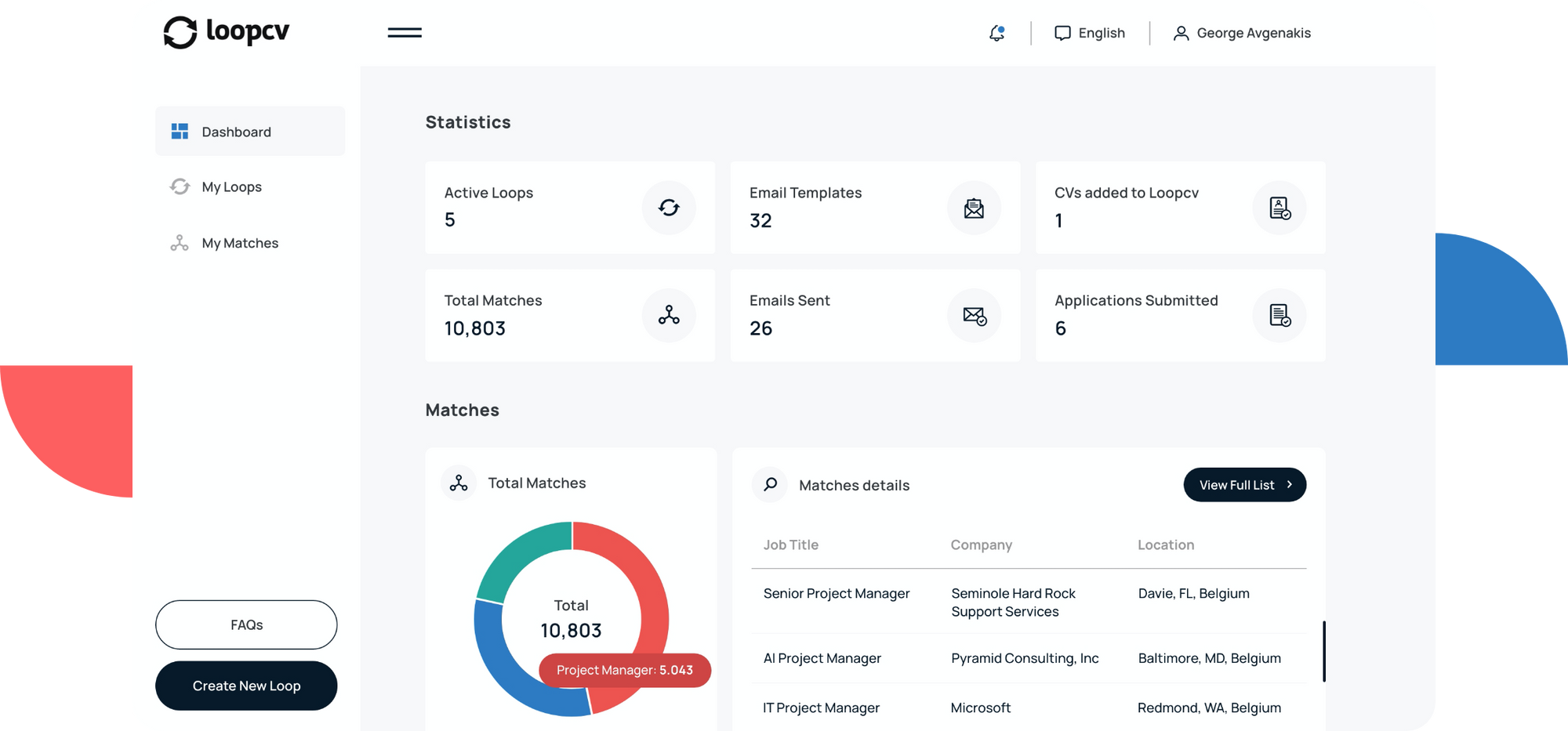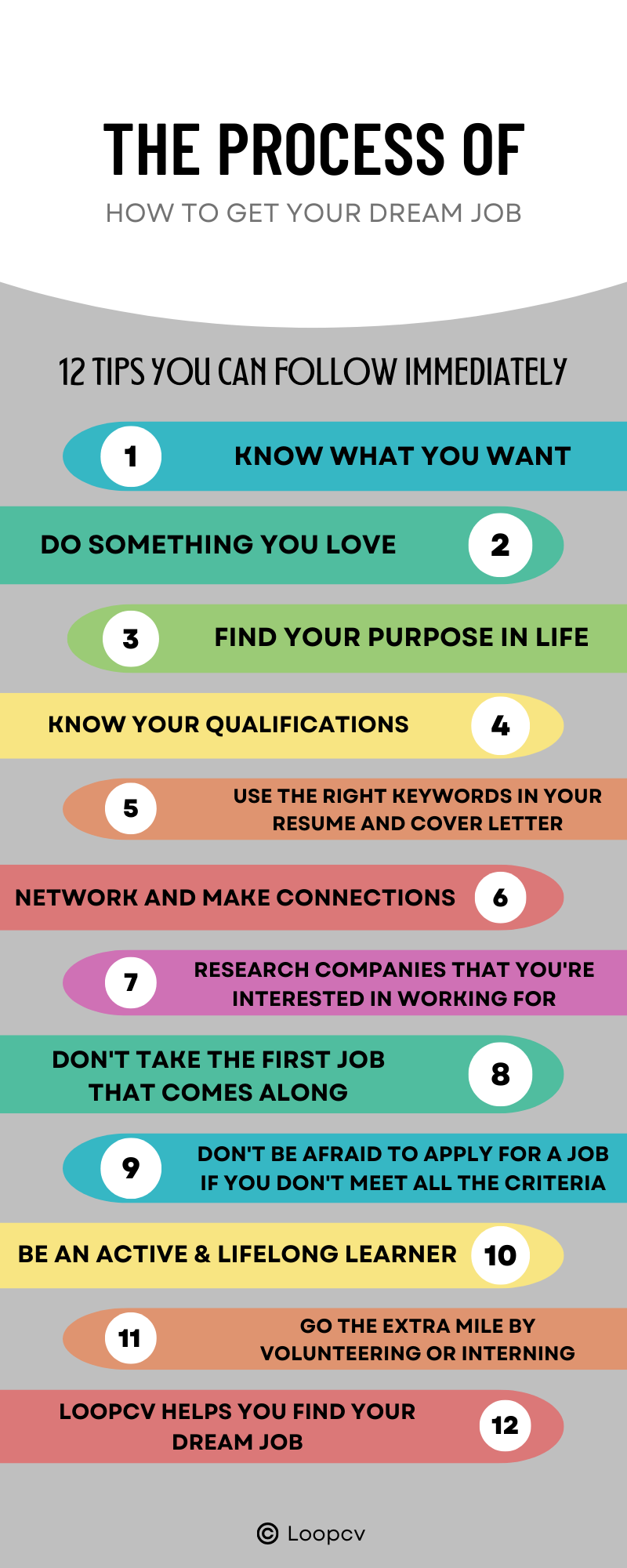How To Write a Promotion Request Letter - Promotion Letter Template
Are you ready to move up in your job?
Writing a letter to ask for a promotion can be a great way to show what you've done and why you deserve promotion to a better position.
Let's look at how to write a good formally request letter to help you advance in your career. A well-written promotion request letter shows your accomplishments in current position and how you can help the company even more in a new role.

Key Takeaways
Takeaway | Description | Importance |
|---|---|---|
Clear Purpose | Understand and communicate the letter's objective | Essential |
Preparation | Gather evidence of achievements and contributions | Critical |
Structure | Include all crucial elements in a logical order | Essential |
Achievements | Highlight specific, quantifiable accomplishments | Critical |
Alignment | Show how your goals align with company objectives | Important |
Professionalism | Maintain a professional tone throughout | Essential |
Follow-up | Be prepared to follow up after sending the letter | Important |
Understanding the Purpose of Your Letter
A promotion request letter is your chance to tell your boss you want to advance or move up to higher position in the company.
It's not just about asking for a new title. It's about showing how you've helped the company and why you're ready for more responsibility.
This letter formally lists your skills, achievements, and why you deserve the promotion. It's your opportunity to explain how your promotion will help the company too.

Before you start writing, think about why you deserve this promotion. Have you taken on extra work? Made things better at work? Have you brought in new customers?
These are the kinds of things your boss will want to know. Think about how your work has helped the company reach its goals.
Remember when you showed good leadership, came up with new ideas, or solved problems? Understanding why you're writing this letter will help you make a strong case for your promotion.
Preparing to Write Your Letter
Collecting proof of your achievements is important. Describing your work experience well can make a big difference. List things you've done well, focusing on how they've helped the company.
Take your time with this part. Look at your performance reviews, project results, and any good feedback you've gotten from coworkers or customers. Use numbers to show your achievements when you can.
It's not just about what you've done, but how your work has helped the business. Did you save money? Do things work better? Make customers happier? These details will make your letter stand out.
Try making a list of your accomplishments, including when they happened, what you did, and how it helped the company. This will help you write a better letter and be ready to talk more about your request for a promotion.
Essential Elements of Your Promotion Request Letter
Your letter should look professional and be well-organized.
Here are the main parts you need to include:
Section | Content | Purpose | Status |
|---|---|---|---|
Header | Your Contact Information | Professional presentation | Essential |
Salutation | Dear [Manager's Name], | Personalization | Essential |
Opening | State intention and current role | Clear communication | Essential |
Body Paragraph 1 | Highlight achievements | Demonstrate value | Critical |
Body Paragraph 2 | Show readiness for promotion | Justify request | Critical |
Body Paragraph 3 | Align with company goals | Show strategic thinking | Important |
Closing | Express gratitude and the next steps | Professional conclusion | Essential |
Signature | Your Name | Formality | Essential |
Crafting the Opening Paragraph
Start strong by clearly stating what you want. Your first paragraph should be short, professional, and to the point. It sets the tone for the whole letter and tells the reader right away what you're asking for.
For example:
"Dear [Manager's Name],
I'm writing to ask about the [Position Name] role in our [Department Name]. I've been a [Your Current Position] for [X years/months], and I've worked hard to help our team succeed. I think I'm ready for more responsibility. My dedication to the company and my good work make me a great person and fit for this promotion."
This opening gets physical letter right to the point and reminds your manager of your current job and how long you've been there. It also briefly mentions why you're qualified and excited about the opportunity, setting up the rest of your letter.
Highlighting Your Achievements
Now it's time to show off! Use specific examples to show how you've done great in your current role or job. This part is really important because it gives solid proof of how valuable you are to the company. Make sure to focus on achievements that relate to the original job description you want.
For instance:
"Over the past year, I have successfully:
- Led a project that made our department 15% more efficient, saving $50,000 a year
- Trained 5 new team members who are now top performers, making our whole team 20% more productive
- Started a new way to get customer feedback that made customers 20% happier and kept 15% more customers with us
- Led a project with other departments that made our reporting easier, saving managers about 10 hours every week"
Using numbers and real examples makes your achievements more impressive. It gives solid proof of what you've done and helps the reader understand how important your work has been.
When you can, connect your achievements to the company's big goals to show how you've helped the whole organization succeed.
Demonstrating Your Readiness for Increased Responsibilities
Show that you're not just qualified for the promotion, but that you're excited to take on new challenges. Talk about how you've grown, both in your skill set and job skills and as a person, and how this has prepared you for the next step in your career.
Mention any relevant new skills or qualifications you've gained:
"I recently finished a leadership training course and have been helping newer team members learn their jobs. These experiences have improved my management skills and prepared me for a higher-level role. I've also gotten [relevant certification], which we hope will be useful in the [Position Name] job.
I've also been working on projects with other departments, which has helped me understand more about how our company works and how to work well with different teams. This broader view of our business has prepared me to contribute even more to our team's success in a leadership role."
Avoiding time-wasters and showing how you've grown professionally during the past year can make your case for promotion stronger. Show that you've been working on improving yourself and are ready to use these new skills in a higher-level position.
Aligning Your Goals with Company Objectives
Show that you understand the bigger picture. How will your promotion help the company? This part shows that you're not just thinking about yourself, but about how your new, higher role can help the whole organization succeed.
For example:
"I'm excited about the chance to help our company grow into new markets. In the [Position Name] role, I could use my knowledge of the industry and relationships with clients to help us grow in these areas. My experience in [specific area] puts me in a good position to help our team reach the goal of increasing our market share by 20% in the next five years.
I've also come up with a plan to make our department work more efficiently, which fits perfectly with the company's goal of reducing costs by 10% next year. If I can lead this plan in a higher role, I'm confident we can do even better than that while still keeping our work quality high and our customers happy."
This shows you're thinking about the company's success, not just your own. It shows you can think strategically and connect your personal goals with what the company wants to achieve. This alignment is really important in convincing decision-makers that your promotion will be good for the whole company, not just for you.
Addressing Potential Concerns
If you think your manager might have worries about promoting you, it's smart to talk about them first. This shows that you've thought carefully about the ask for a promotion and are ready to handle any challenges.
For instance:
"I understand that this new role would mean more travel and additional responsibilities for overseeing our work in other countries. I've talked about this with my family, and we're ready for this change. I've also been practising my language skills and learning about international business to make sure I can handle these new responsibilities smoothly.
I also know that leading a bigger team can be challenging. To get ready for this, I've been getting advice from senior leaders in our company and have taken several management training courses. I'm confident I can motivate and guide a diverse team to achieve our goals together."
By bringing up potential issues first, you show that you've thought things through and are ready to handle the new challenges that come with the promotion. It also shows you're good at solving problems and are committed to doing well in the new role.
Closing Your Promotion Request Letter
End your letter on a positive note, looking towards the future. Your last paragraph should repeat how excited you are about the opportunity and thank your manager for considering you the open position.
It's also a good place to suggest what should happen next:
"Thank you for considering my request for promotion to [Position Name]. I'm excited about the possibility of taking on this new role and helping our team succeed even more. My record of achievements, along with my dedication to our company's mission, makes me confident that I can do great things in this position and bring a lot of value to our organization.
I'd love to talk more about this when you have time. I'm happy to provide any other information you might need to support my application. Thank you again for your time and consideration.
[Your Name]"
This ending reminds your manager how excited you are and opens the door for more conversation. It shows that you're ready to keep talking about the promotion and gives your manager a clear next step.
Follow-Up and Next Steps
After you send your letter, be ready to follow up. If you don't hear back in about a week, it's okay to send a polite email asking if your manager has had a chance to look into the same open position at your request. This follow-up shows you're still interested and take initiative.
You might say:
"Dear [Manager's Name],
I hope you're doing well. I wanted to check in about the promotion request email and letter I sent last week for the [Position Name] role. I know you're very busy, but I was wondering if you've had a chance to look at my promotion request email. I'm excited about possibly talking more about this opportunity and am available whenever works best for you if you'd like to set up a meeting.
Thank you again for your time and consideration.
Best regards, [Your Name]"
Dealing with workplace challenges professionally, including waiting for an answer to your promotion request, is an important skill. It shows you're patient, respect your manager's time, and can handle professional situations well.

Frequently asked questions (FAQ)
Q: What is the most critical element to include when writing a promotion request letter?
A: The most critical element is the 'Achievements' section. You must provide specific, quantifiable accomplishments (e.g., 'Led a project that made our department 15% more efficient, saving $50,000 a year') that demonstrate your value and justify your readiness for the higher role.
Q: How should I structure my promotion request letter?
A: The structure should include a professional Header (contact info), a formal Salutation, an Opening (stating your intention clearly), Body Paragraphs (highlighting achievements, readiness, and alignment with company goals), a Closing (expressing gratitude and suggesting next steps), and your Signature.
Q: How long should I wait to follow up after sending my promotion request letter?
A: If you do not hear back, it is professional to send a polite follow-up email about one week after the initial submission. This shows you are still interested and proactive, respecting your manager’s time while seeking a clear next step.
Q: Why must I align my personal career goals with the company's objectives in the letter?
A: Aligning your goals shows strategic thinking. It proves you are not just thinking about yourself but how your advancement directly benefits the organization (e.g., 'My experience puts me in a good position to help our team reach the goal of increasing our market share by 20%'). This makes your promotion request a business case, not just a personal request.
Q: How do I demonstrate readiness for a promotion beyond listing past achievements?
A: Demonstrate readiness by mentioning specific steps you have taken to prepare for the new role, such as completing relevant leadership training, gaining new certifications, or taking on projects that required cross-departmental collaboration and management skills.
Q: Should I address potential concerns or objections my manager might have about my promotion?
A: Yes, addressing potential concerns proactively shows that you have thought the request through and are prepared for the challenges of the new role. For example, if the role requires more travel, assure your manager you have planned for that change.
Q: What is the primary purpose of writing a formal promotion request letter?
A: The primary purpose is to formally list your skills and achievements, show how you have helped the company, and explain why you are ready for more responsibility. It transitions the discussion from an informal desire to a structured, justifiable request for career advancement.
Conclusion: Your Path to Career Advancement
Writing a promotion request letter is a big step in your career. By following these guidelines, you'll create a strong case for your advancement. Remember, your letter is often the first step in a bigger conversation about your future with the company. It's a chance to show your value, talk about your career goals, and show how committed you are to helping the company succeed.
"A well-written promotion request letter is not just a formality—it's a powerful tool for speaking up for your career growth and showing your value to the company. Remember, your letter is often the first step in a bigger conversation about your future with the company."
By taking the appropriate time, to write a thoughtful, well-organized promotion request letter, you're showing initiative and professionalism.
These qualities, along with your skill set and your proven achievements, will help you as you move up in your career. The process of writing this letter can also help you think about your strengths and career goals more clearly.
Good luck with your promotion request!
Your preparation and professionalism in this process are big steps towards reaching your career goals and making the most of your potential at work.



